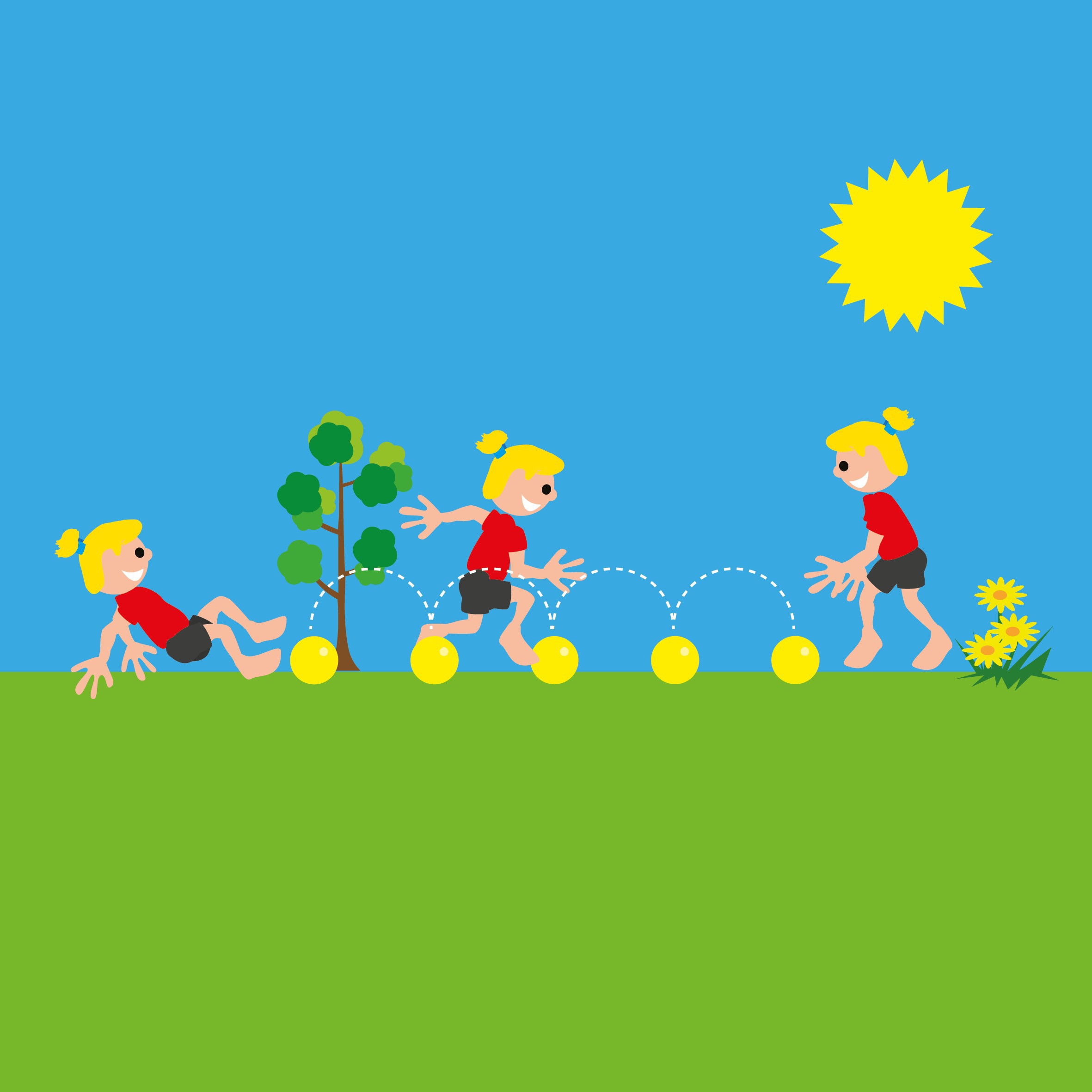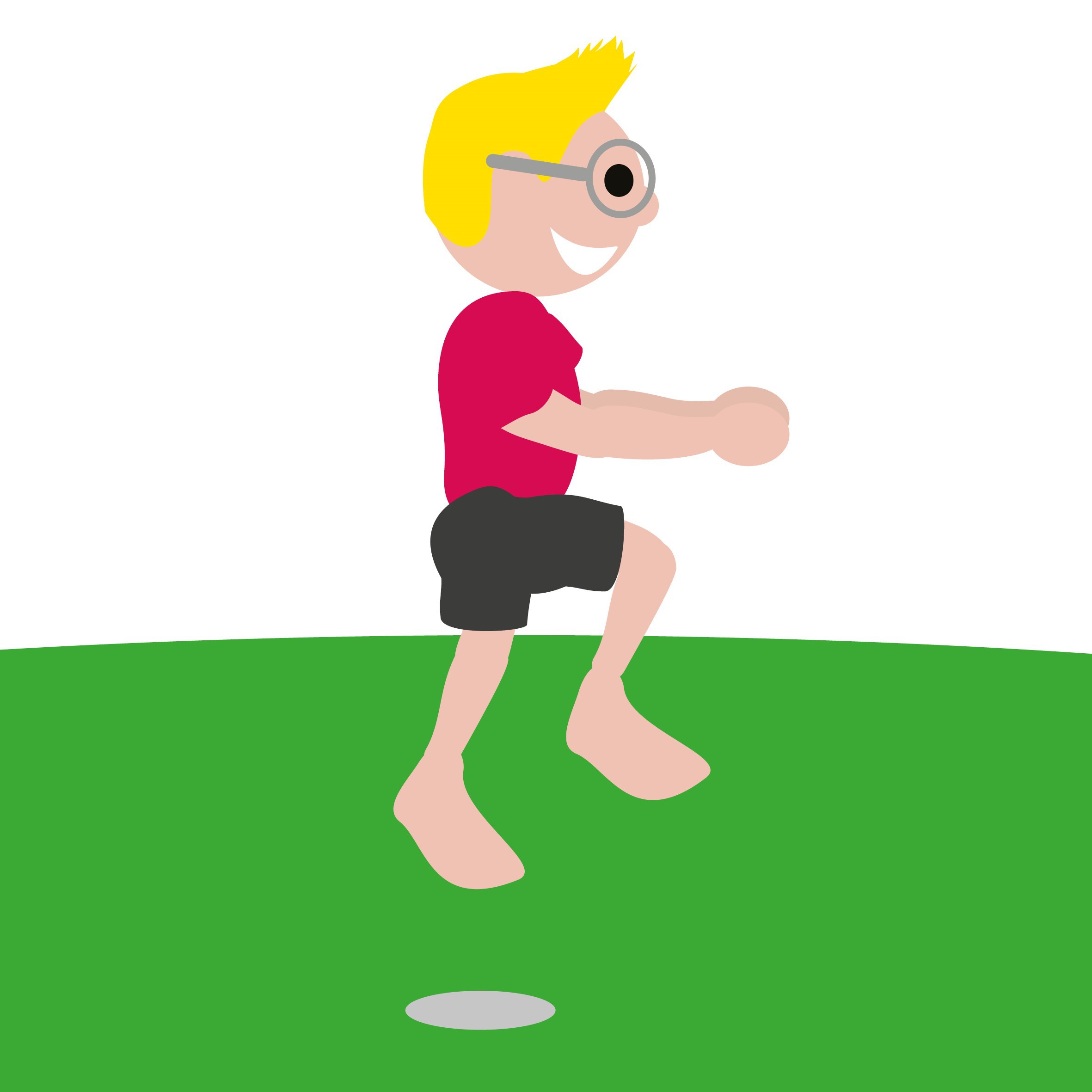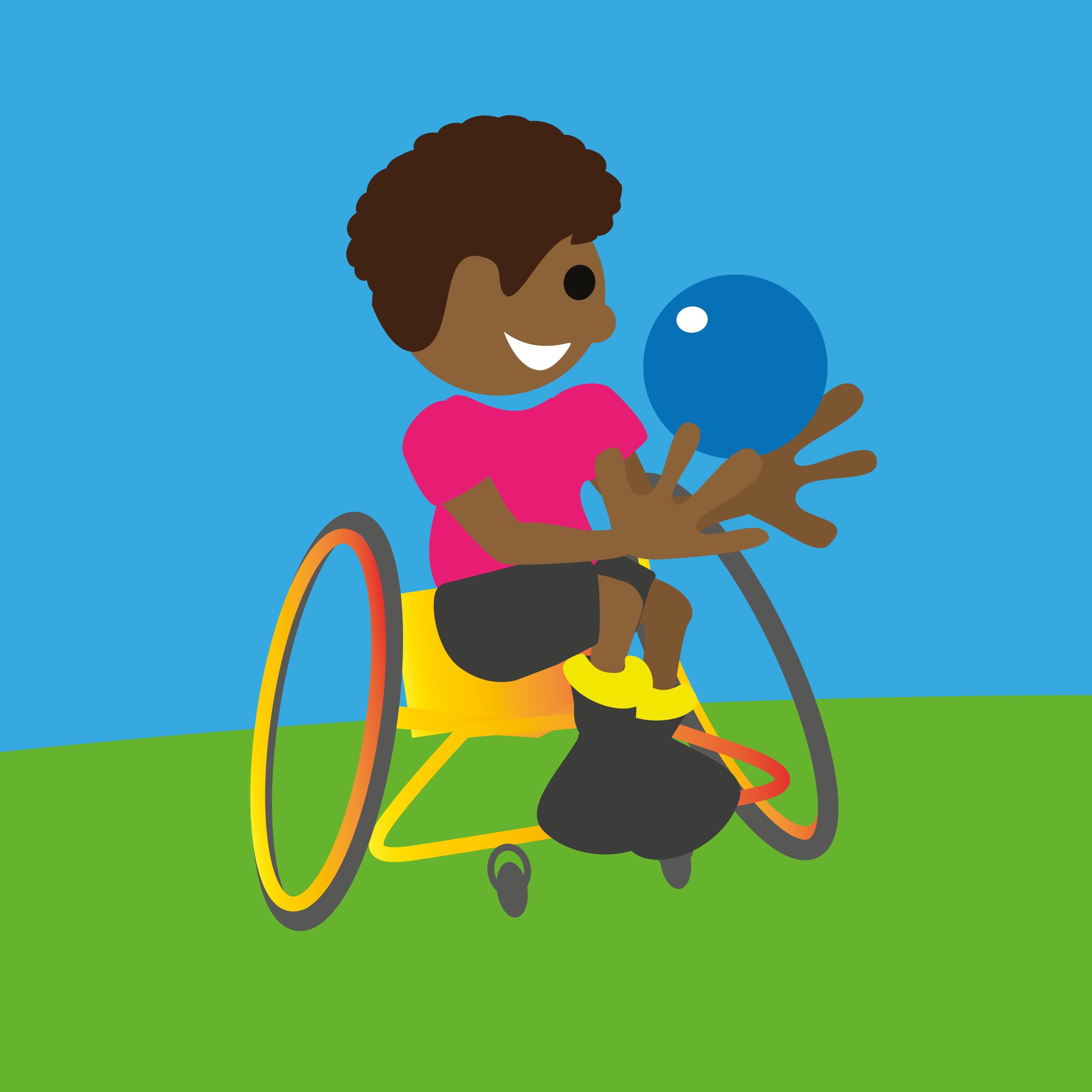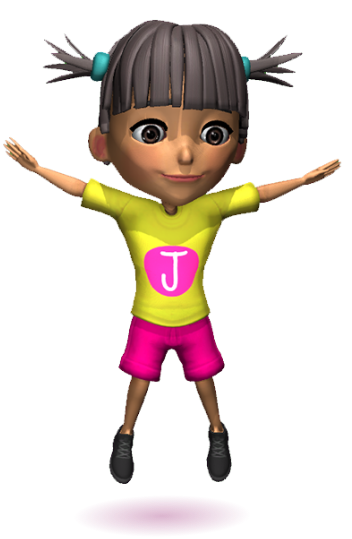What is physical literacy?
As with phonics in English or numbers in Maths, focusing on physical literacy helps children to develop critical building blocks and start to create a positive relationship with being active. This provides a foundation for them to develop the knowledge, skills and confidence to engage successfully in Physical Education, physical activity and sport. BURSTS supports this journey by providing opportunities for EVERY child to develop essential Fundamental Movement Skills, often referred to as ABCs (agility, balance and coordination), in an age and stage appropriate, fun way.
Why is physical literacy so important?
Over recent years, children’s activity levels outside of school have greatly reduced, which means they are not developing the physical literacy that must be a right for EVERY child. This impacts on their enjoyment, confidence, progress, health and wellbeing.

Did you know…
56% of school age children don’t achieve the 60 minutes a day physical activity challenge (30 minutes at school, 30 minutes at home) according to the Active Lives Children and Young People Survey by Sport England.
Why bursts of activity?
The most appropriate way for children to engage in physical activity is through short bursts of fun, playful activity. This is how they learn naturally. We don’t need to make young children run a mile each morning, complete a fitness circuit or copy adult exercises that are not age or stage appropriate. These activities, though well intended, can create in children the wrong connectivity with physical activity and can burden them for life.
Physical literacy:
- Develops key Fundamental Movement Skills.
- Enables physical skills to be applied in different contexts.
- Teaches moving safely and confidently.
- Improves progress in Physical Education.
- Improves fine and gross motor skills.


Personal, social and emotional:
- Brave - Wants to have a go, tries hard and keeps going, and challenges themselves to improve.
- Wise - Follows instructions and rules, thinks about how to improve, and shows good problem-solving skills.
- Helpful - Encourages others to join in activity and praises others.
- Imaginative - Explores and comes up with different ideas and responds imaginatively to different challenges
- Confident - Engages successfully in structured and unstructured physical activity opportunities.

